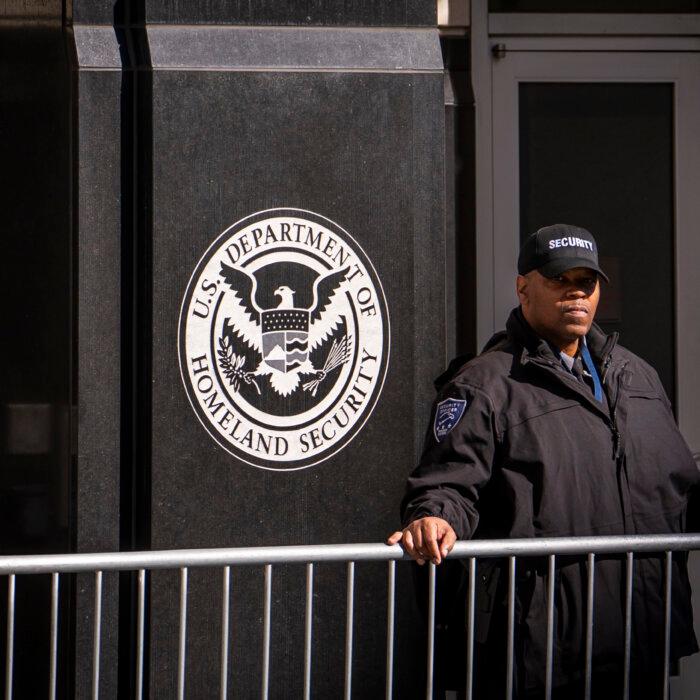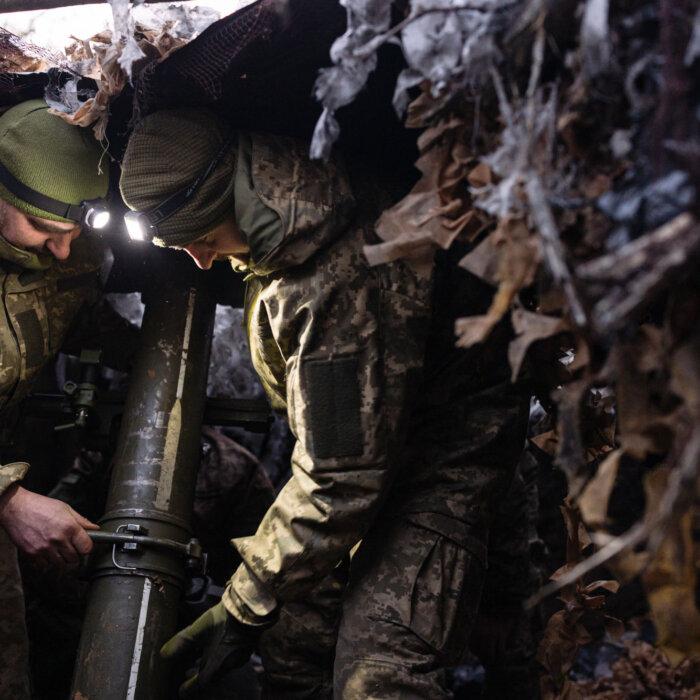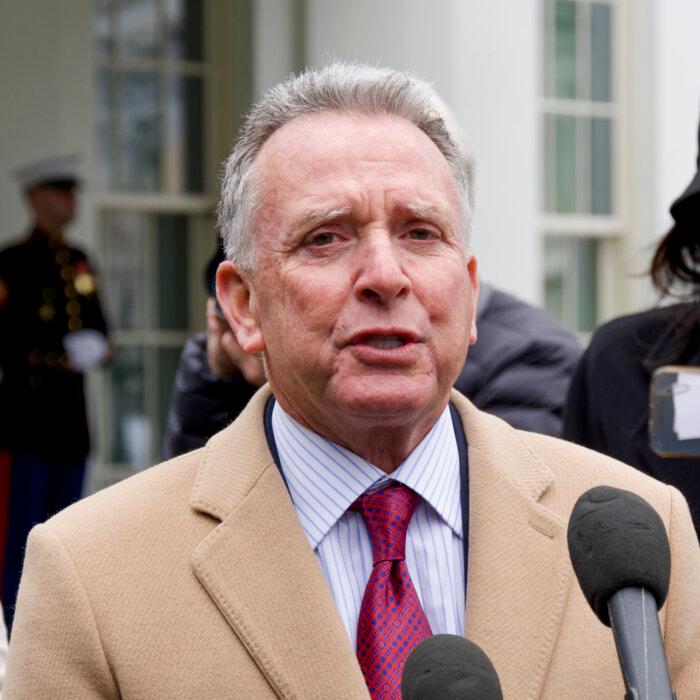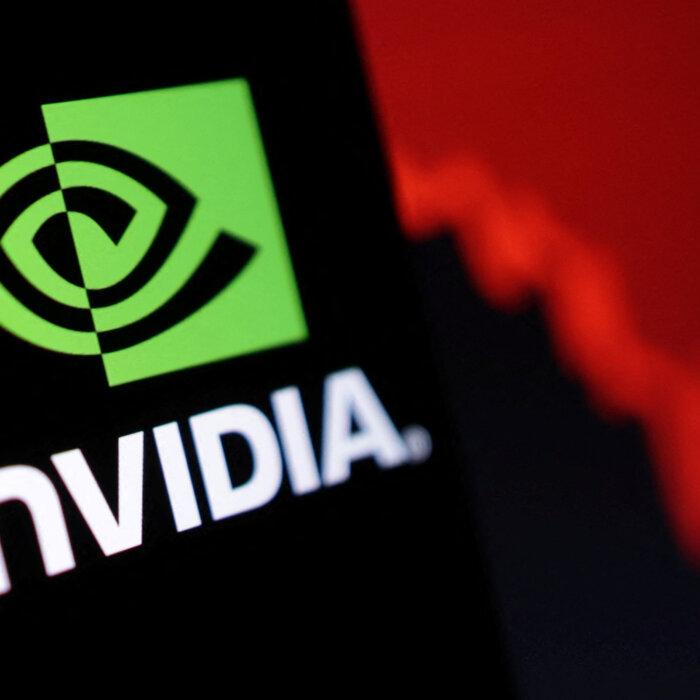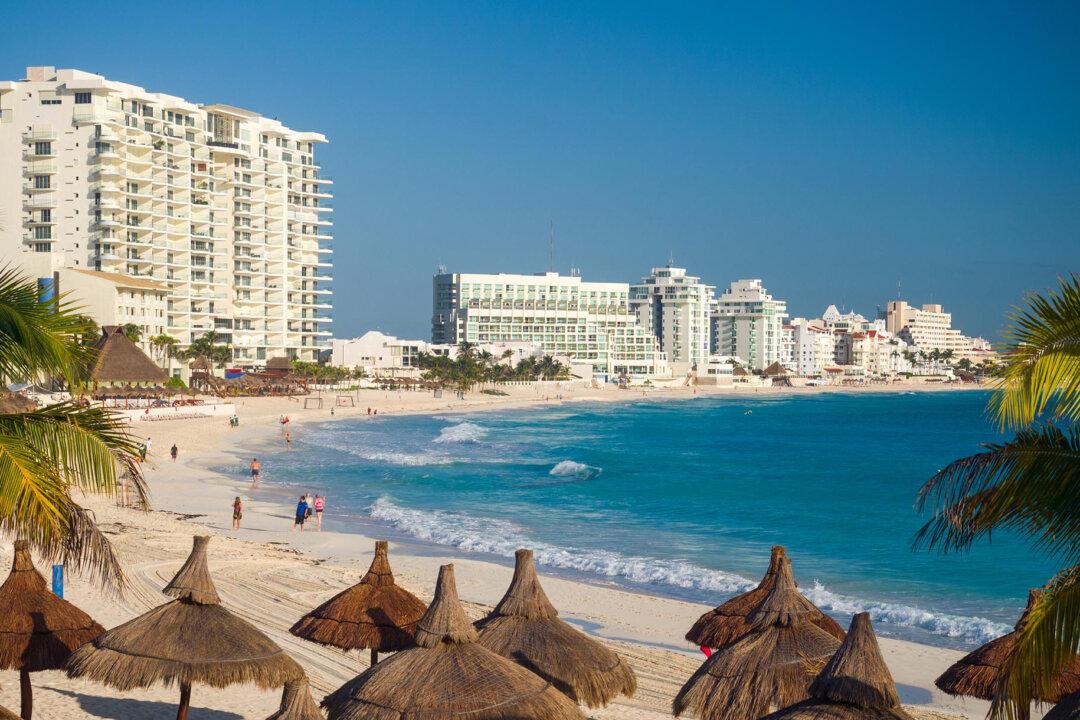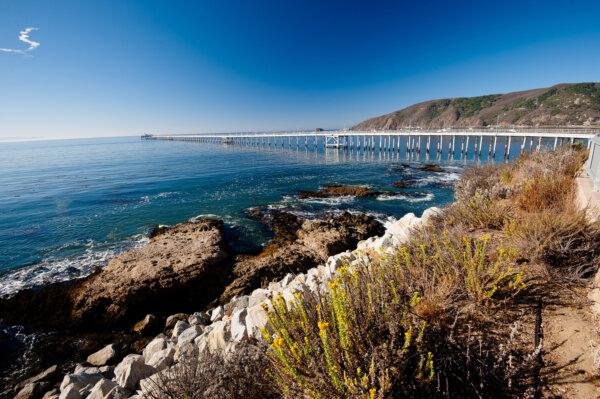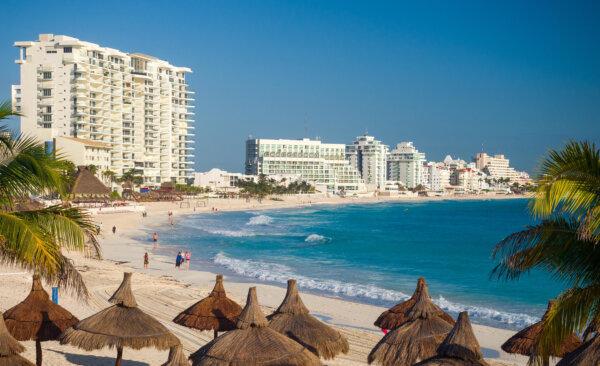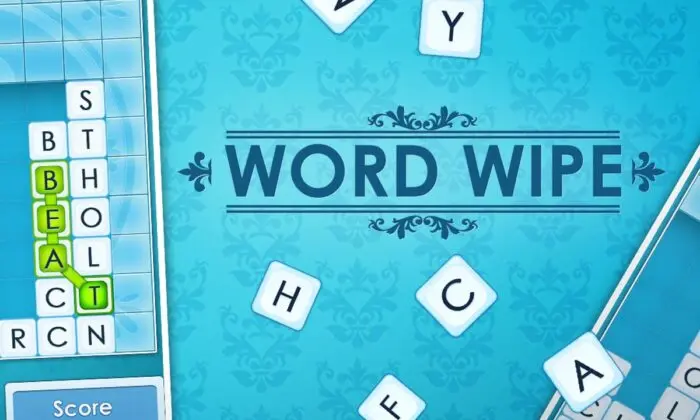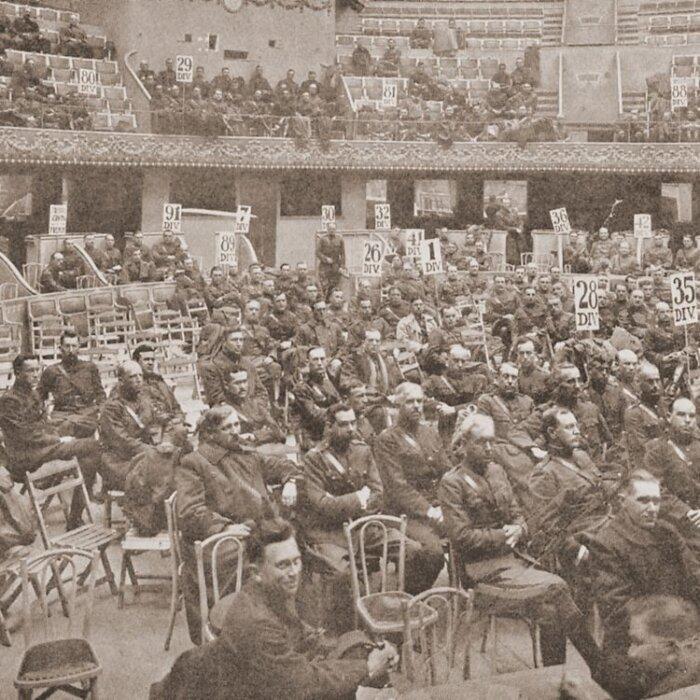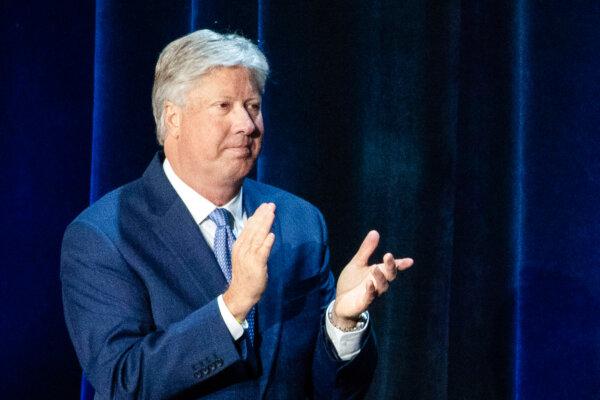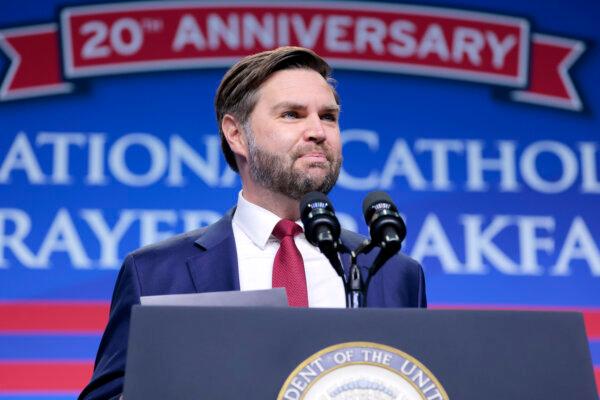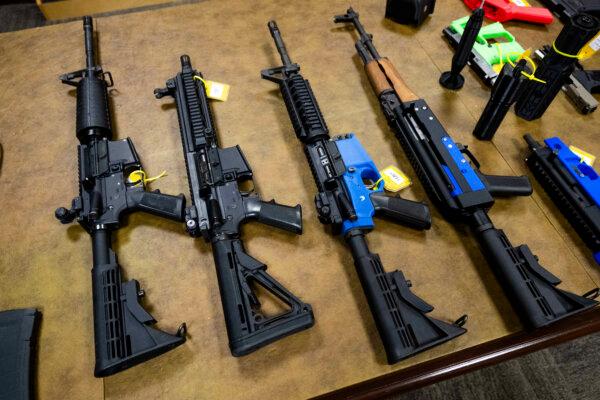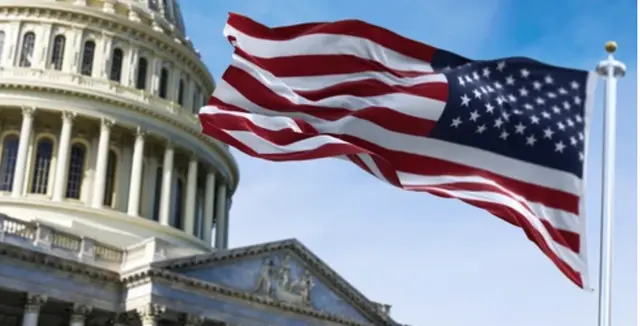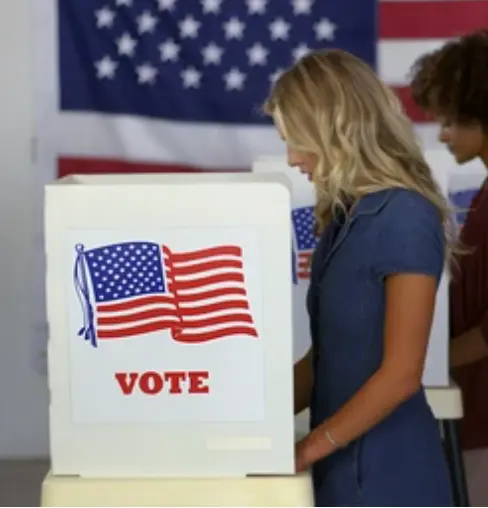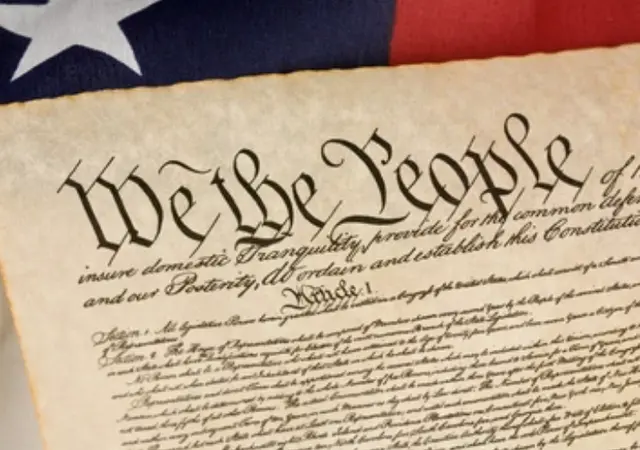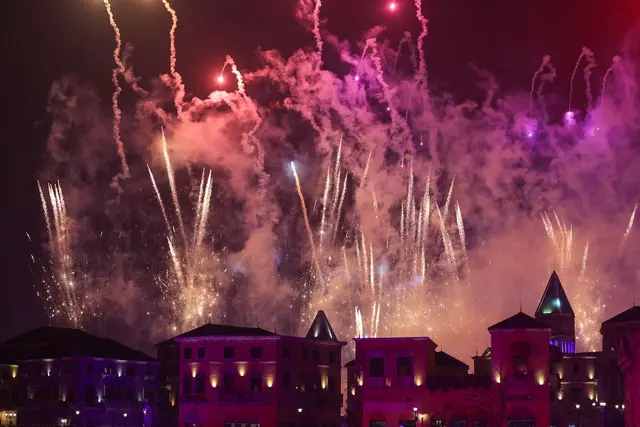Trump Threatens 200 Percent Tariff on EU Alcohol
‘This will be great for the Wine and Champagne businesses in the U.S.,’ President Trump says on Truth Social.
Tara VanDerveer: A Legendary Figure in US Basketball History
The longtime Stanford coach tells how she transformed a struggling program into a national powerhouse.

‘The World Will Tremble’: The Horror of Concentration Camps
Two prisoners at the Chelmno death camp risk everything to expose the extermination of Jews during WWII.

Aston Hall: A Jacobean Prodigy House
In this installment of ‘Larger Than Life: Architecture Through the Ages,’ we visit a uniquely English country house.

A Concise, Thorough Study of an Overlooked Post-WWI War
‘The Rif War 1921–26’ is study of an uprising in Morocco that demonstrates the causes and results of such types of conflicts.
Most Read
Top Stories
Google, Meta, Amazon Sign Pledge Backing Tripling of Nuclear Power by 2050
The pledge was made amid concerns that Russia and China may threaten America’s edge in nuclear innovation.
UK Financial Watchdogs Scrap Diversity, Inclusion Plans
British financial regulators have retreated from the plan, citing ’regulatory burdens,' as corporate America adapts to a shifting business climate.
China to Host Russia and Iran for Nuclear Talks on Friday
China will hold talks with officials from Russia and Iran to discuss Iran’s nuclear program as Washington resurrects a maximum pressure campaign on Tehran.
After Deadly Crashes, Long-Overdue Aviation Updates Accelerate
The Trump administration is moving to bolster air travel safety and efficiency. Experts say technology and staffing are the most crucial needs.
US Lawmakers Introduce Bill to Ban Chinese Researchers From National Labs
‘Make no mistake, Beijing is actively exploiting weak security protocols,’ Sen. Mike Lee (R-Utah) said.
Senate Panel Advances Nominations for NIH, FDA Heads
Dr. Marty Makary and Dr. Jay Bhattacharya must receive a Senate majority vote to gain confirmation for their posts.
Trump Withdraws Nominee for CDC Director Dave Weldon
Dr. Dave Weldon is no longer poised to take over the health agency.
DOGE, Elon Musk Must Hand Over Documents, Answer Written Questions, Says Judge
The judge also denied a request to have DOGE employees sit for depositions.
Exclusive
X Takes Down Network of Chinese Accounts Amplifying NYT Attacks on Shen Yun
An Epoch Times investigation exposed thousands of fake and malicious accounts that spread CCP propaganda, including via Western media.
Kremlin Casts Doubt on Temporary Cease-fire Plan as US Negotiators Arrive in Moscow
A Kremlin aide said the 30-day temporary ceasefire ‘only gives the Ukrainians an opportunity to regroup, gain strength and, to continue the same thing.’
▶Shen Yun Ends UK Tour With ‘Spectacular Performance’
New York-based Shen Yun Performing Arts performed at the Pavilion Theatre in Bournemouth on March 5 and 6.
Poland’s President Urges US to Station Nuclear Weapons in Polish Territory
The country joined NATO in 1999 and has been among the highest defense spenders in Europe.
Tariffs, Tariffs Everywhere: What the Latest China Tariffs on Canada Are About
The timing of the tariffs doesn’t appear to be just a coincidence.
Social Security Says It Will Stop Accepting Bank Changes Over the Phone
The move is aimed at eliminating fraud, the Social Security Administration said.
HHS Stops Placing Illegal Immigrant Children in Southwest Key Shelters
The Department of Justice has also dropped its lawsuit against Texas-based Southwest Key Programs Inc.
6 Takeaways From the NTSB’s Reports on Deadly Midair Collision Near Washington
‘We remain concerned about the significant potential for a future mid-air collision at DCA,’ NTSB Chair Jennifer Homendy said.
Home Inventory Increases in Florida, Texas as Some Sellers Lower Prices
‘I think sellers are also adjusting expectations as buyers become more price conscious,’ the president of the MetroTex Association of Realtors said.
South Korea’s Constitutional Court Rejects Impeachment of Chief State Auditor, Top Prosecutors
Members of Yoon’s ruling People Power Party had boycotted the partisan Dec. 5 impeachment vote, saying the opposition-led effort was politically motivated.
Tracking Trump’s High Level Appointments, Senate Confirmations
The Senate is undertaking the confirmation process for the president’s new administration.
Life Lessons From ‘The Death of Ivan Ilyich’
Leo Tolstoy’s novella reminds readers about what life is really for.

Gesicki Takes ‘Joe Burrow Tax’ to Help Keep Bengals Offense Together
The 29-year-old tight end has signed a 3-year, $25 million deal to stay with the Cincinnati team.

Gesicki Takes ‘Joe Burrow Tax’ to Help Keep Bengals Offense Together
The 29-year-old tight end has signed a 3-year, $25 million deal to stay with the Cincinnati team.

The Power of Gratitude: Modern Research and Traditional Wisdom Reveal It Is Key to Longevity
In traditional Chinese medicine gratitude is a healing force. Modern research agrees.

The Power of Gratitude: Modern Research and Traditional Wisdom Reveal It Is Key to Longevity
In traditional Chinese medicine gratitude is a healing force. Modern research agrees.

‘Guys and Dolls’: The ’Perfect' Musical Comedy
Seventy-five years from its Broadway premiere, a cherished musical revival continues to hit all the right notes.

‘Middle of the Night': Between Love, Longing, and Doubt
This film shows the challenges of a May-December relationship.

‘The Knitted Collar’: Virtue in Sickness and in Health
Mary Anne Hoare’s short story of a little girl who makes a tough choice inspires us all to do the same.

‘Until Forever’: Endless Devotion in the Wake of Loss
Based on a true story, a young man faces his terminal illness that affects everyone around him.

‘Guys and Dolls’: The ’Perfect' Musical Comedy
Seventy-five years from its Broadway premiere, a cherished musical revival continues to hit all the right notes.

Many Fish in the Sea: These Sides Can Steal the Spotlight During Lent
Any fish fry worth its kosher salt (and malt vinegar) offers all the traditional accompaniments we tend to associate with a fish dinner.
Amtrak Vacations Debuts Yellowstone to Yosemite Itinerary
Amtrak Vacations offers nearly 200 independent journeys featuring National Parks.
California ‘Hidden Gem’ Is No. 1 Beach in the US, New Report Says. Here’s Where to Find It
Situated in a sheltered cove on California’s Central Coast, Avila Beach is a gem of a destination.
How to Plan a Spring Break Trip Without Breaking the Bank
Being proactive and flexible with your destination can lead you to find both affordable and adventurous options.
Amtrak Vacations Debuts Yellowstone to Yosemite Itinerary
Amtrak Vacations offers nearly 200 independent journeys featuring National Parks.

Why I Love America: A Country Where Every Citizen Is Guaranteed Unalienable Rights
The American system allows its citizens to thrive and to help transform life for others across the globe.

How to Master the Art of First Impressions, According to an Etiquette Expert
5 tips for making a great first impression, according to etiquette expert Bethany Friske.

Ureli Corelli Hill: Founder of the New York Philharmonic
In this installment of ‘Profiles in History,’ we meet a brilliant violinist whose European trip resulted in founding America’s greatest symphony orchestra.
Special Coverage
Special Coverage
















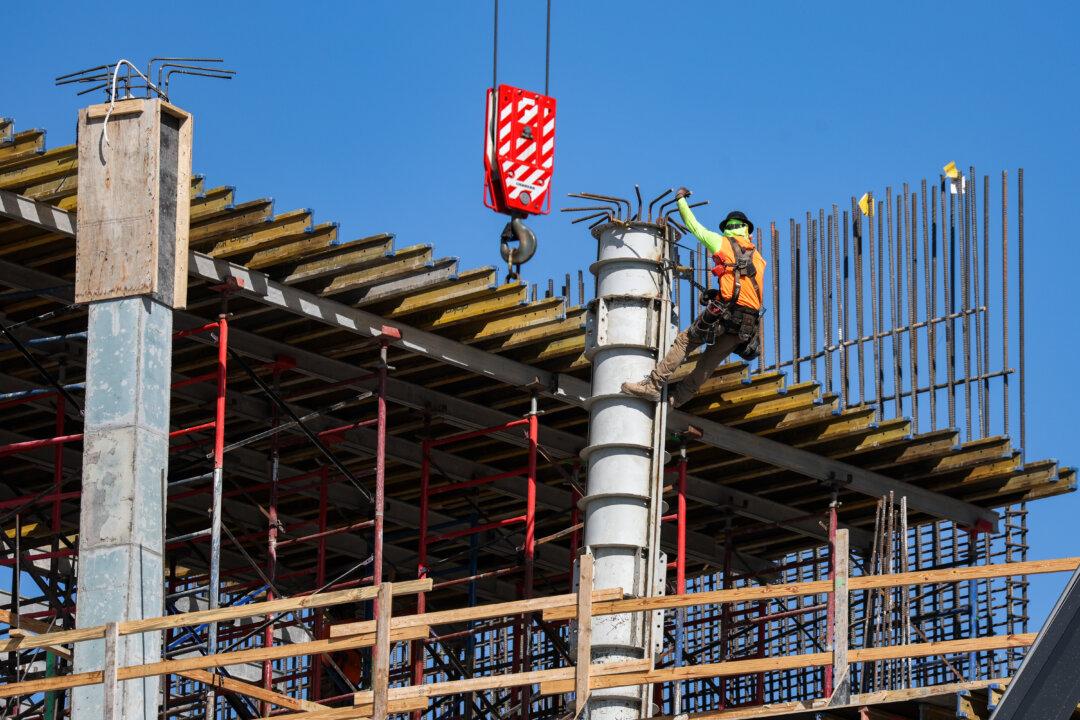


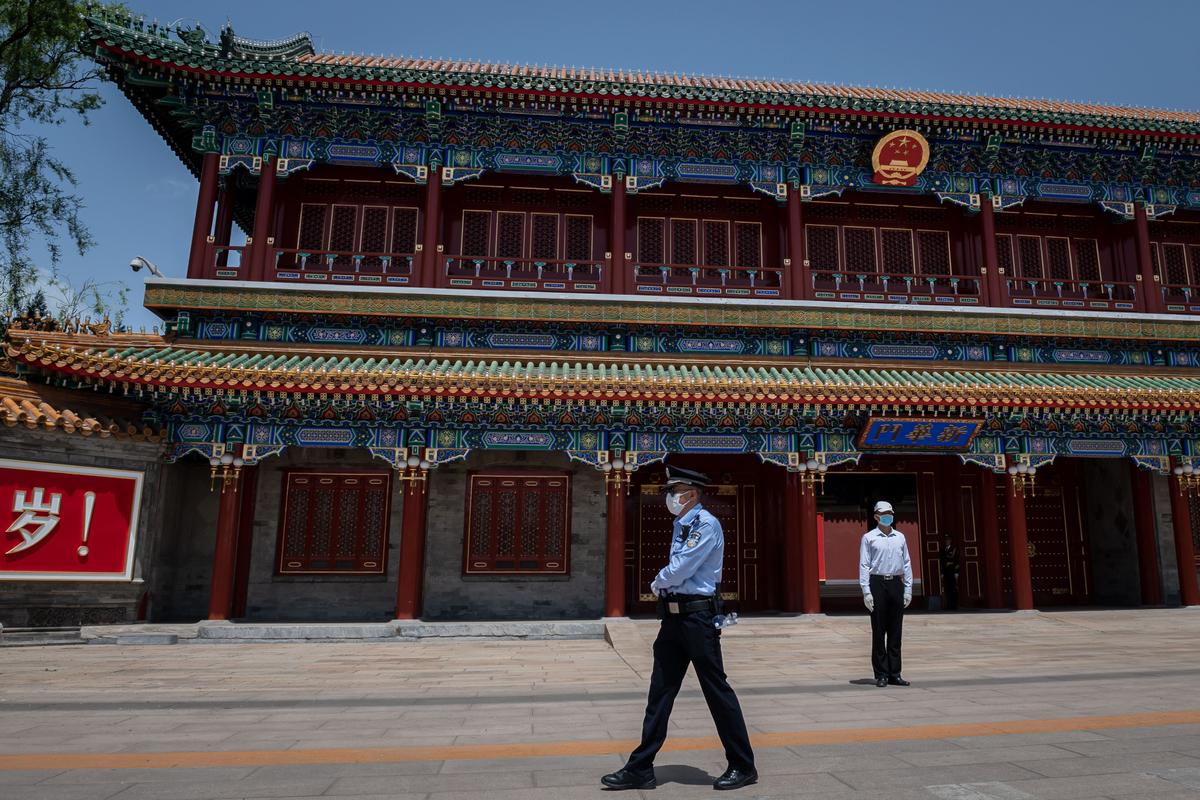







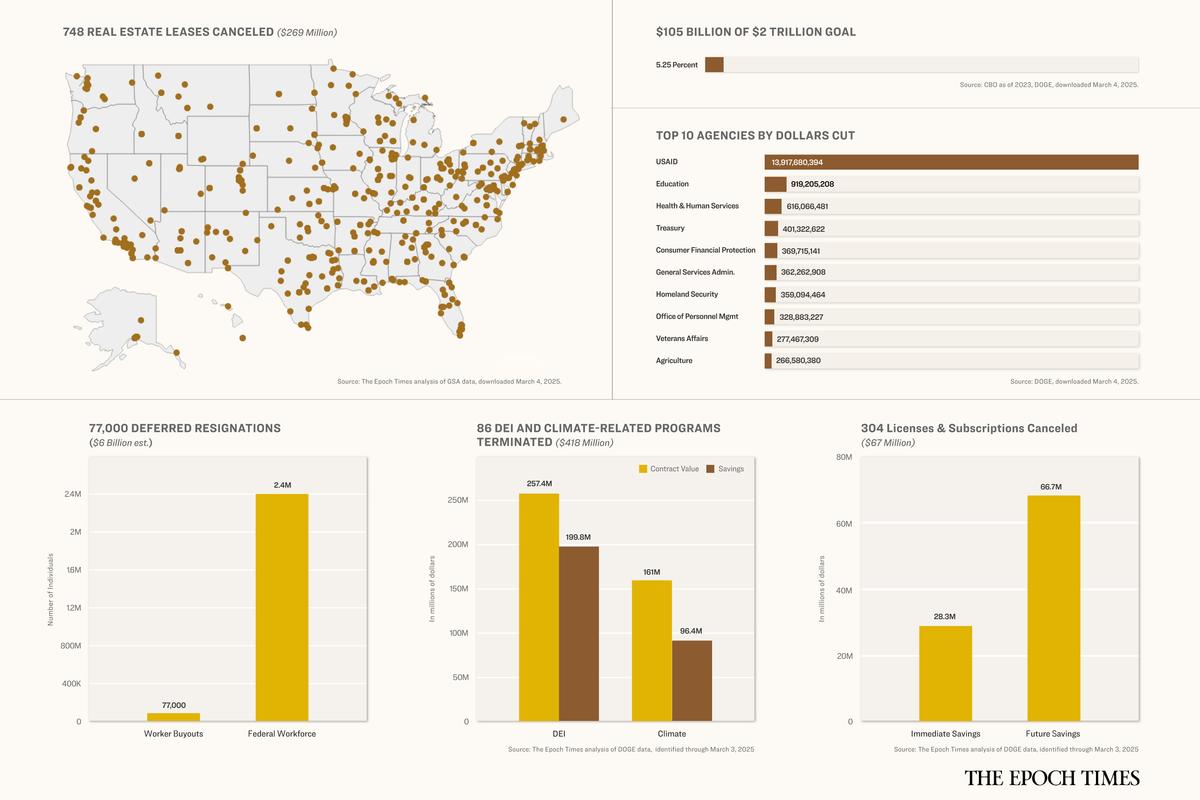







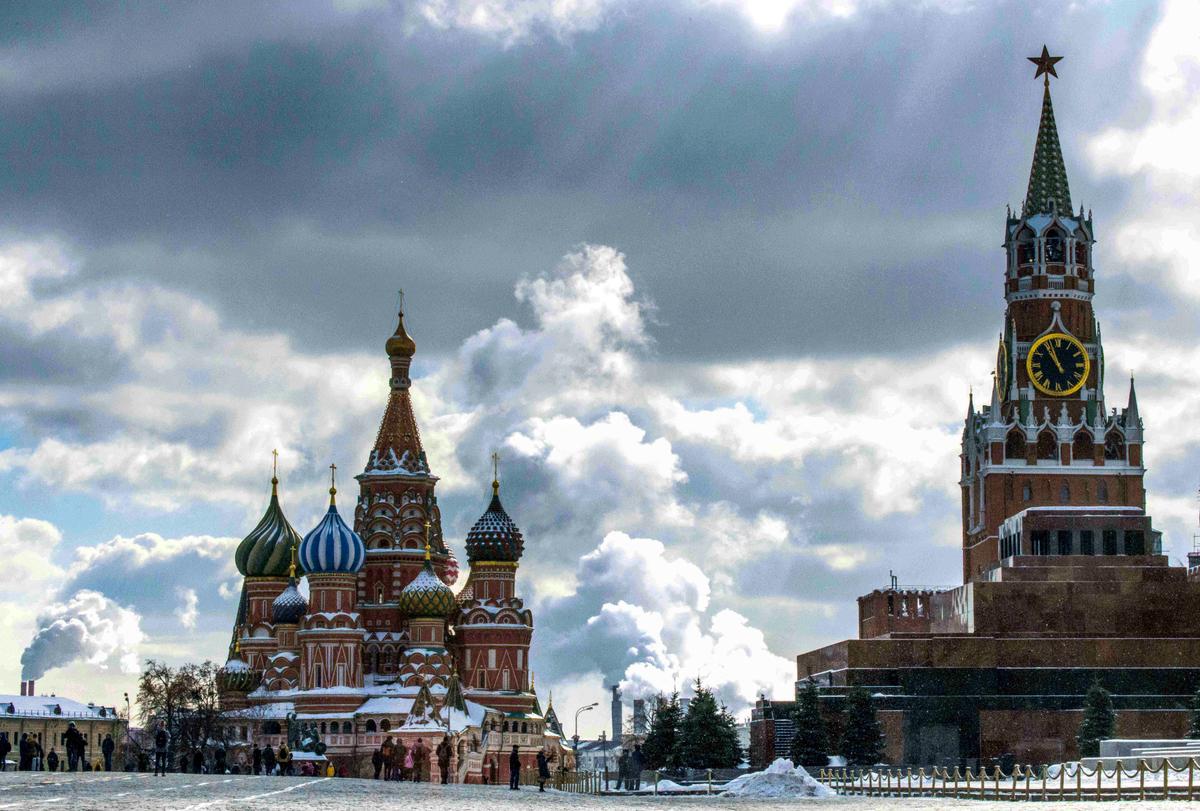



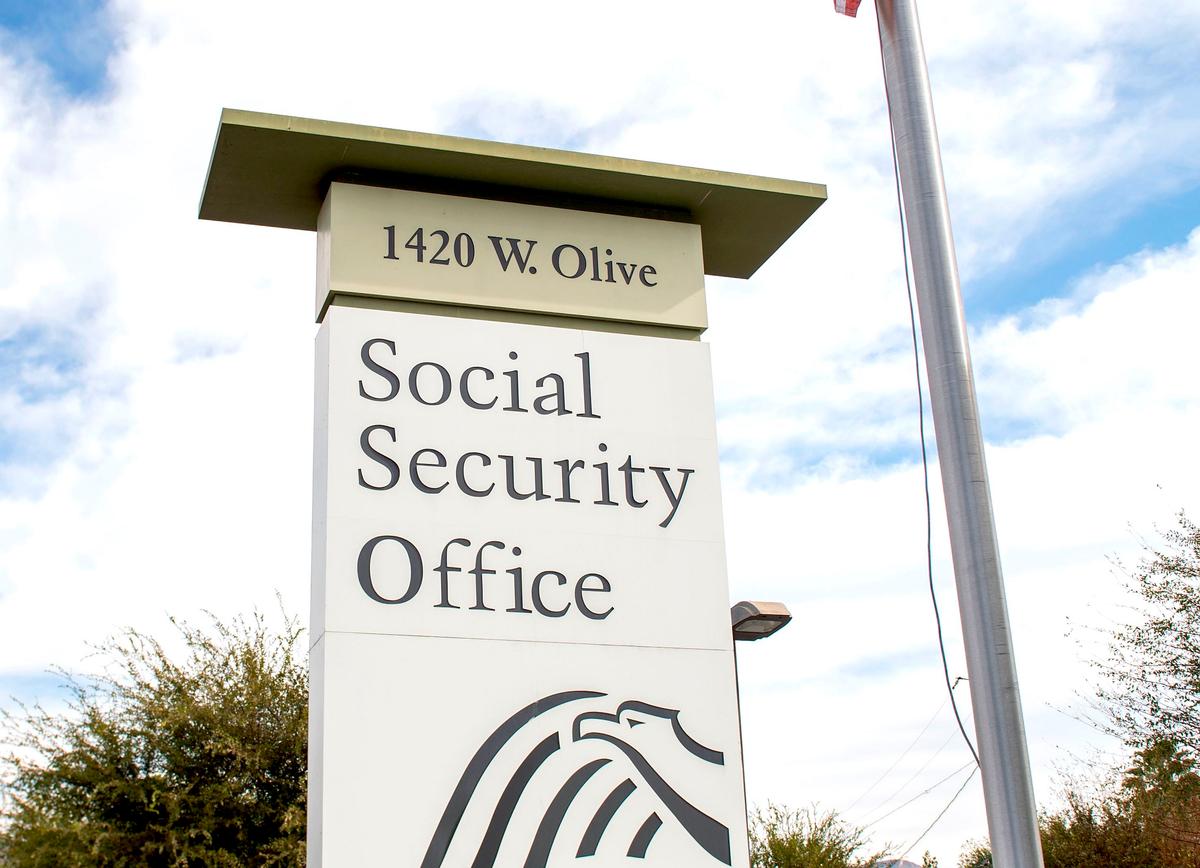









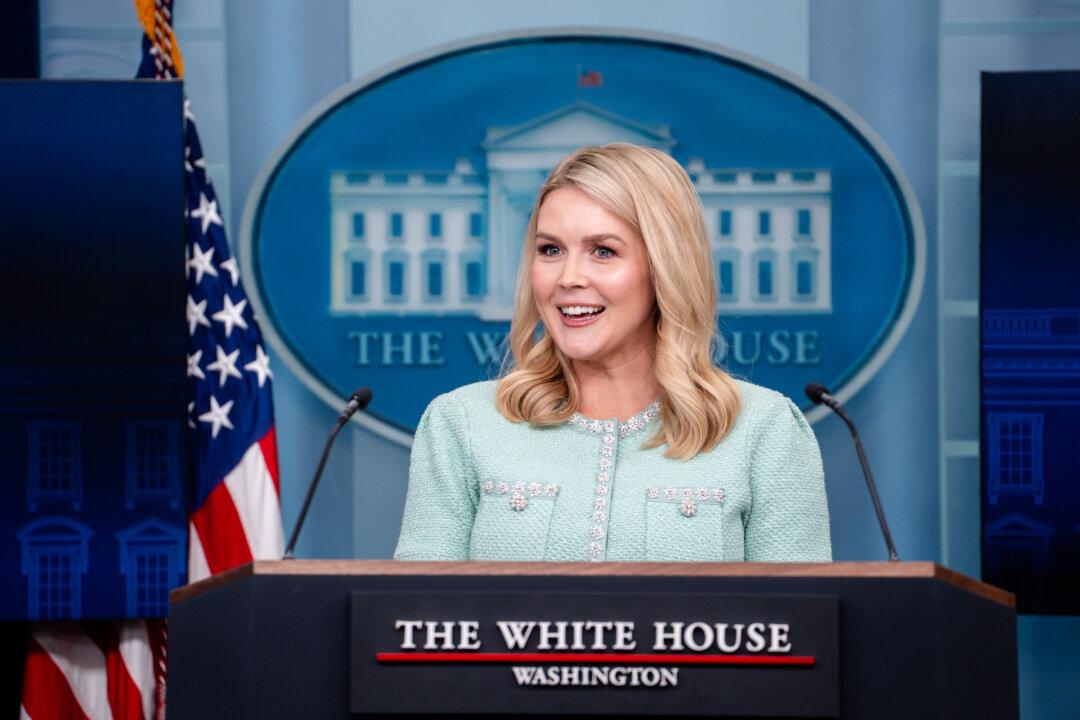


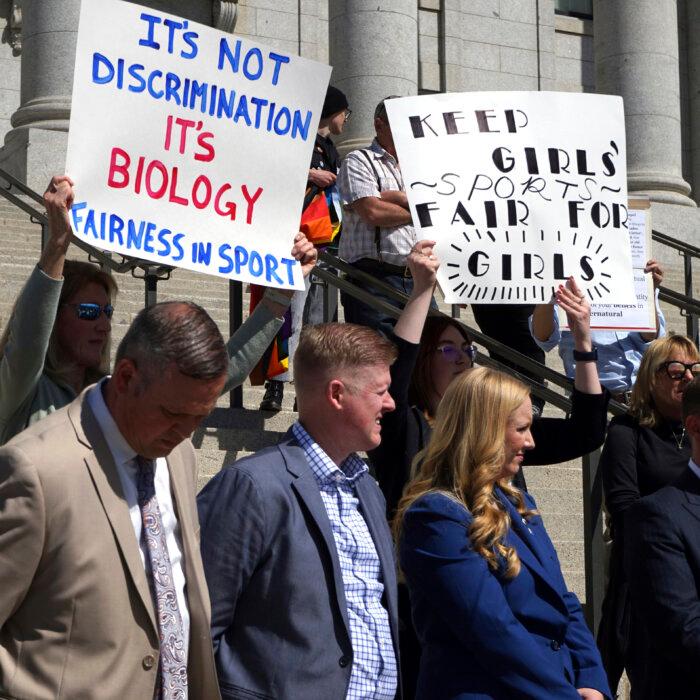

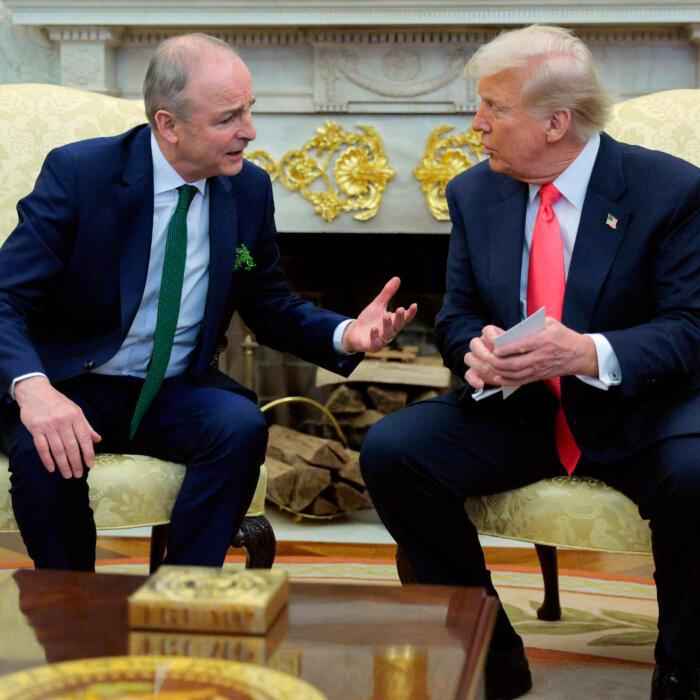
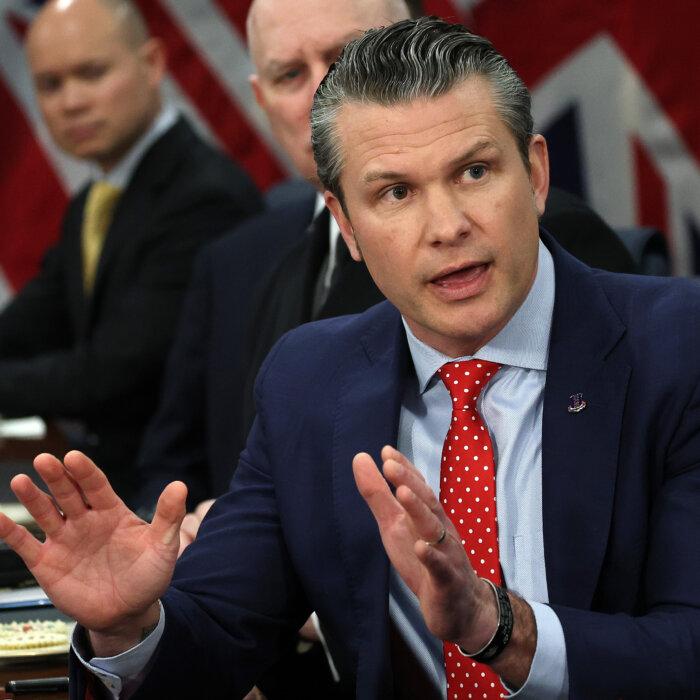








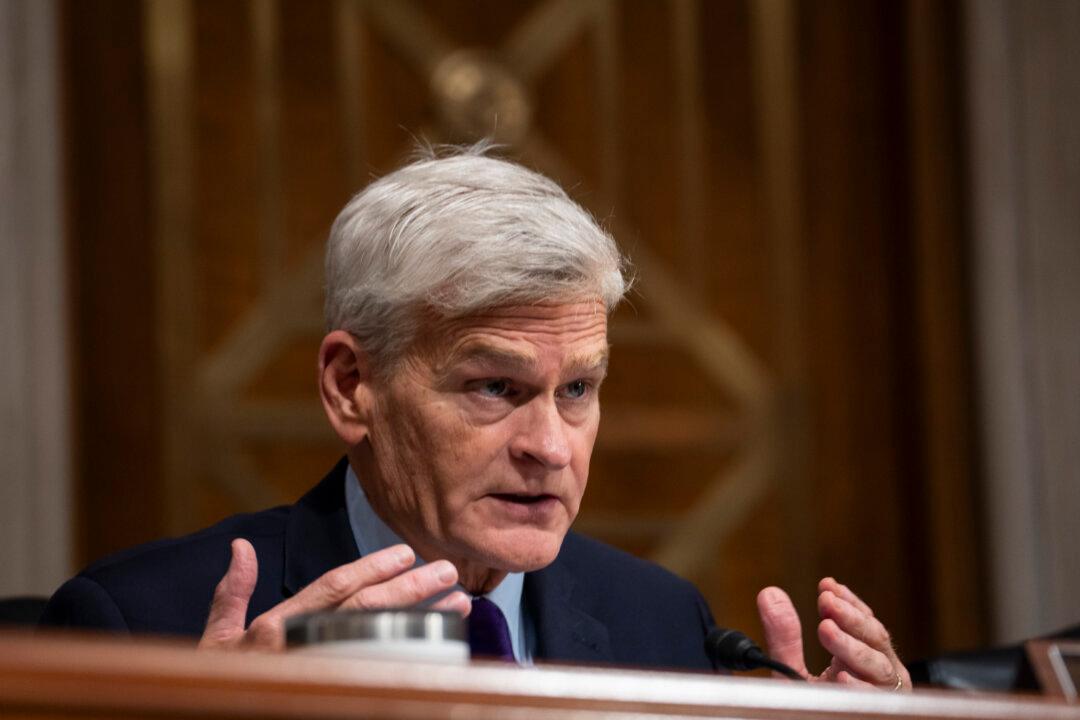
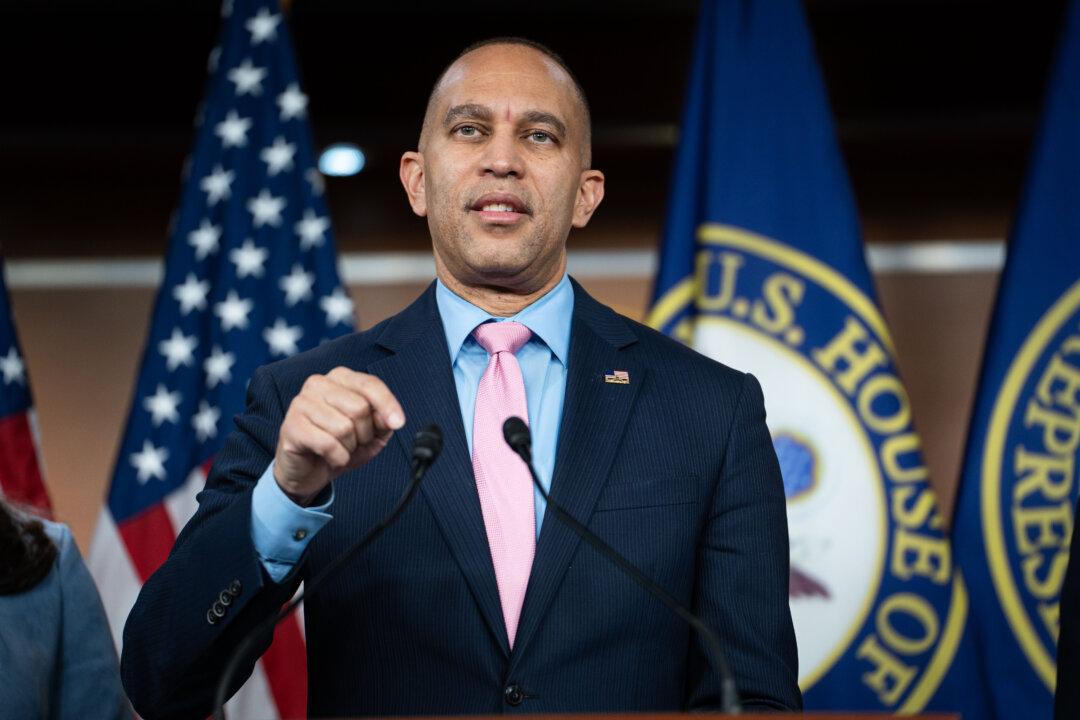



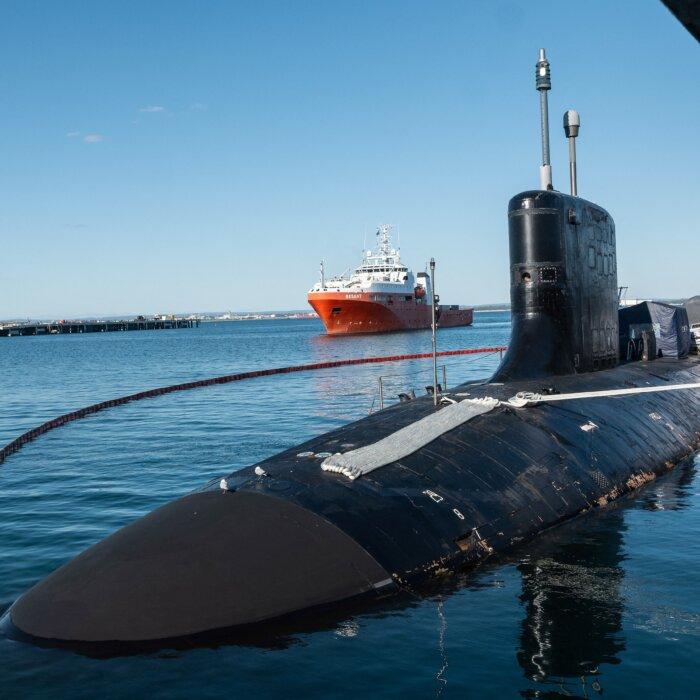
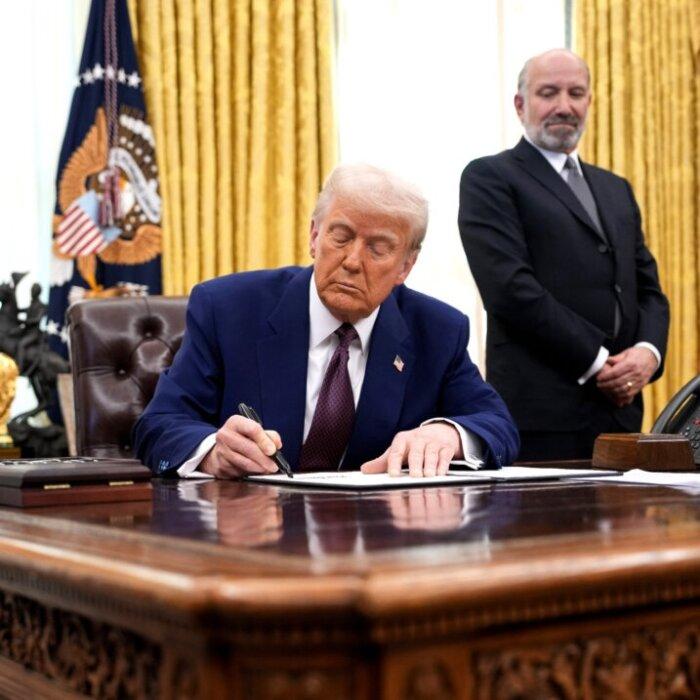


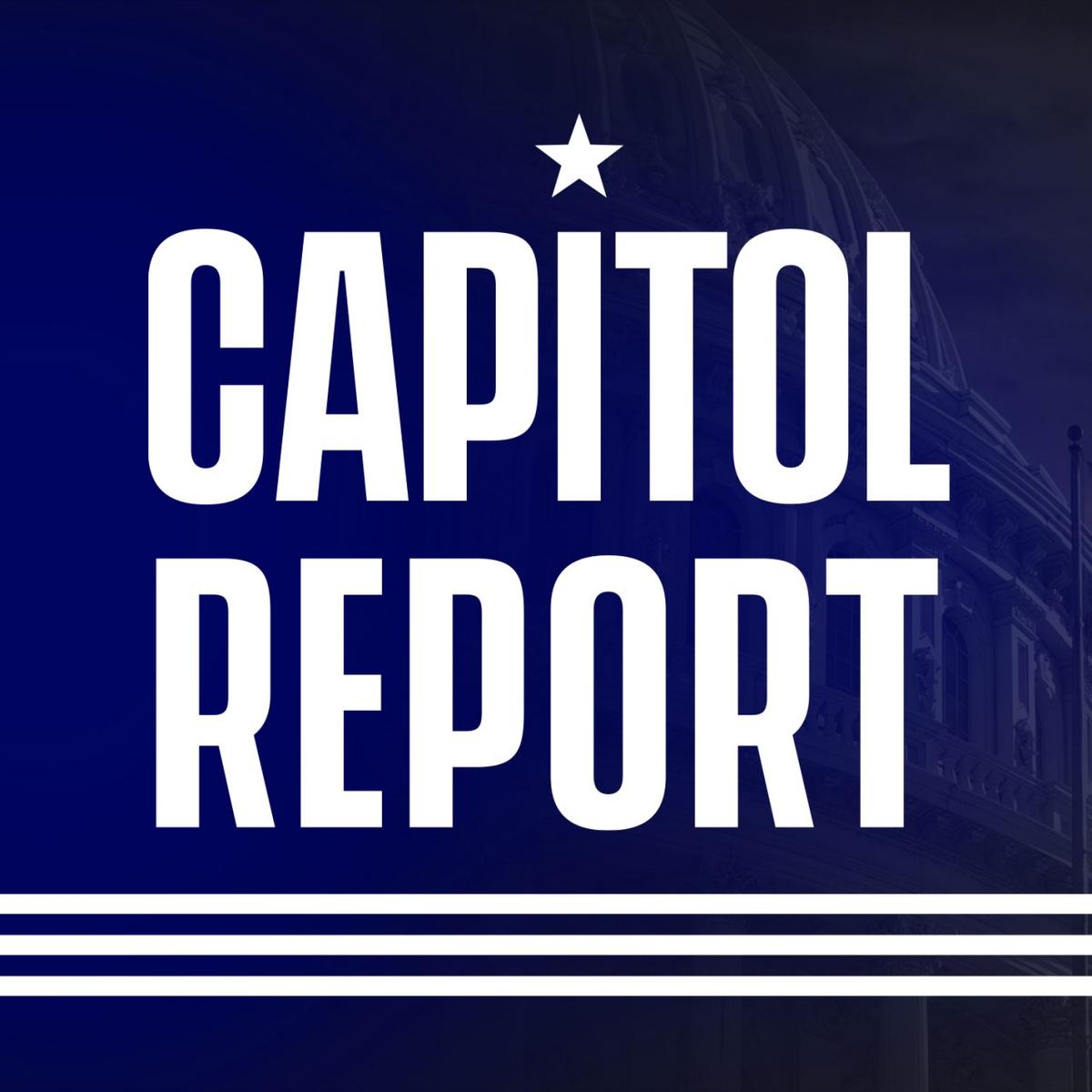
![[PREMIERING 3/15 9PM ET] Peter St Onge: Will Trump and DOGE Succeed in Gutting the Regulatory State?](https://www.theepochtimes.com/_next/image?url=https%3A%2F%2Fimg.theepochtimes.com%2Fassets%2Fuploads%2F2025%2F03%2F13%2Fid5824755-250312-ATL_Peter-St.-Onge_HD_TN-600x338.jpg&w=1200&q=75)















